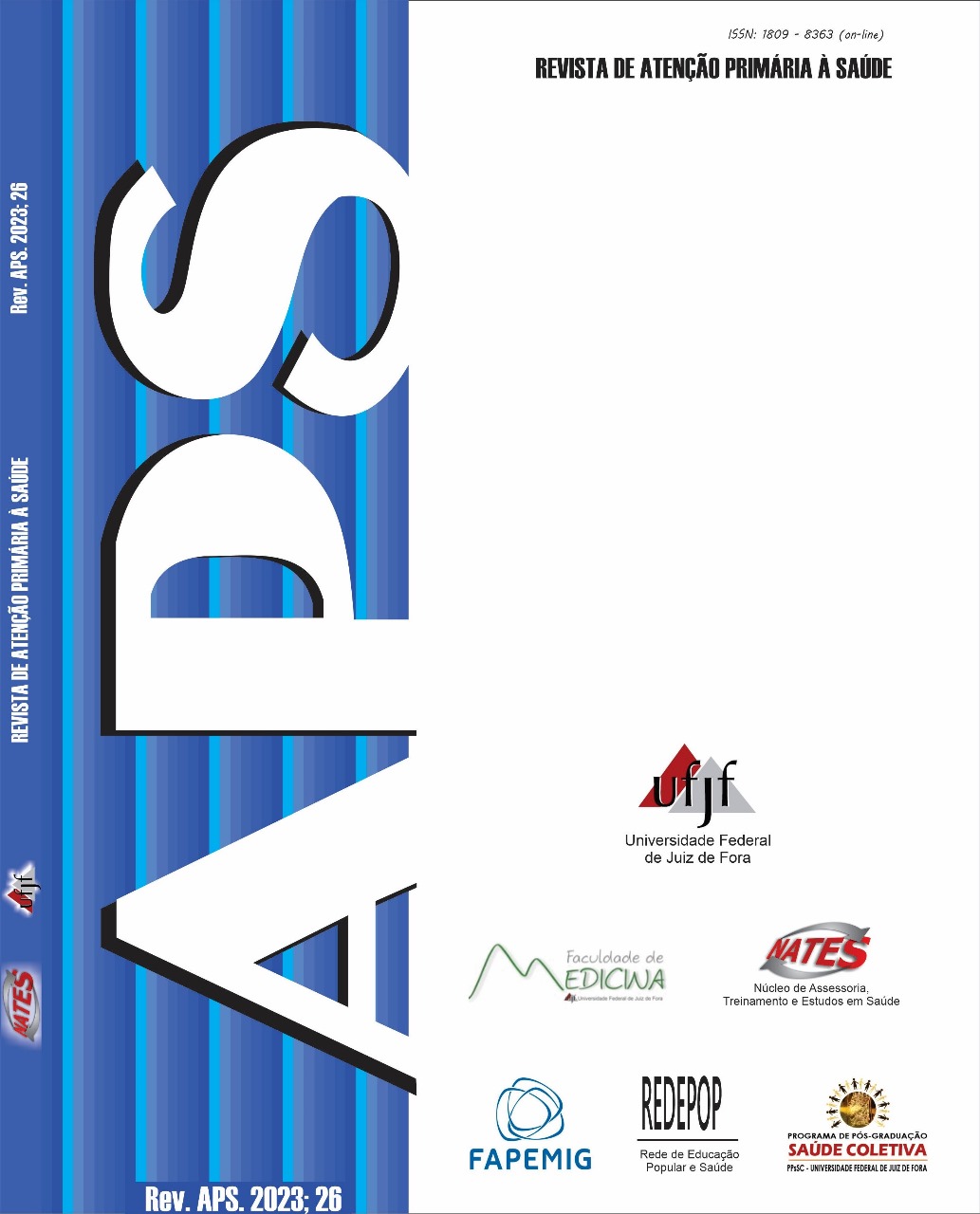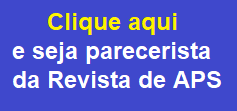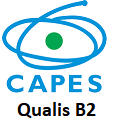Percepção dos profissionais da Atenção Primária sobre a continuidade do cuidado no Método Canguru
DOI:
https://doi.org/10.34019/1809-8363.2023.v26.38882Palabras clave:
Método Canguru, Recém-Nascido Prematuro, Atenção Primária à Saúde, Cuidado, Continuidade da Assistência ao PacienteResumen
O Método Canguru é uma política de saúde no Brasil e propõe uma assistência humanizada aos recém-nascidos pré-termo e/ou de baixo peso e à sua família. Segundo a concepção brasileira, é desenvolvido em três etapas, sendo as duas primeiras realizadas no âmbito hospitalar e a terceira realizada no domicílio, com acompanhamento compartilhado entre a equipe hospitalar e a equipe da Atenção Primária à Saúde. O estudo teve como objetivo conhecer a percepção dos profissionais da Atenção Primária à Saúde em relação à continuidade do cuidado ao recém-nascido pré-termo e/ou baixo peso egresso da unidade neonatal. Trata-se de uma pesquisa descritiva exploratória com abordagem qualitativa, realizada com 22 profissionais da Atenção Primária que atuam no cuidado direto ao recém-nascido pré-termo e/ou baixo peso no município de Florianópolis, no período de fevereiro a março de 2020, utilizando a Análise de Conteúdo. Da pesquisa emergiram quatro categorias: Vínculo com a Família, Relacionamento Interdisciplinar na Atenção Primária à Saúde, Comunicação na Referência e contrarreferência e Aspectos Necessários para a Continuidade do Cuidado ao Recém-Nascido pré-termo e/ou baixo peso. Os profissionais consideram que há dificuldade na comunicação entre a atenção especializada e a Atenção Primária e sugerem capacitações a respeito do Método Canguru. Relatam, ainda, bom relacionamento interpessoal entre médicos e enfermeiros. Conclui-se que apesar das fragilidades apresentadas quanto à comunicação entre os serviços e o cuidado por vezes fragmentado, a vinculação com a estratégia saúde da família apresenta potencialidades para a manutenção da terceira etapa do Método.











